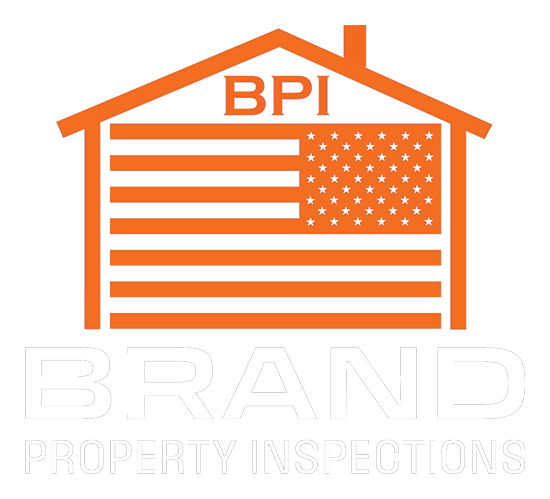Just like the engine of an automobile, a house works as a system of interdependent parts. Every part has an impact on the operation of many others. A typical home has over 10,000 systems and components. And they’re all connected in some way. What happens when everything works together in the most desirable, optimal way? The homeowner is rewarded with a house that is durable, comfortable, healthy, and energy-efficient.
The home inspector is not an expert but a generalist. The home inspector can inspect a home and report upon the home’s condition as it was at the time of the inspection. That is the main responsibility of the home inspector.
A home inspection does not include predictions of future events, house warranties, or guarantees that nothing will ever go wrong. Future events (such as roof leaks, water intrusion, plumbing leaks, and heating failures) are not within the scope of a home inspection and are not the responsibility of the home inspector. Who’s responsible? The homeowner.
The most important thing for a homeowner to understand is that things will break. As time goes on, parts of the house will wear out, break down, deteriorate, leak, or simply stop working.
*Content provided by International Association of Certified Home Inspectors (InterNACHI) at https://www.nachi.org/intro-home-inspections-real-estate.htm

.png)


